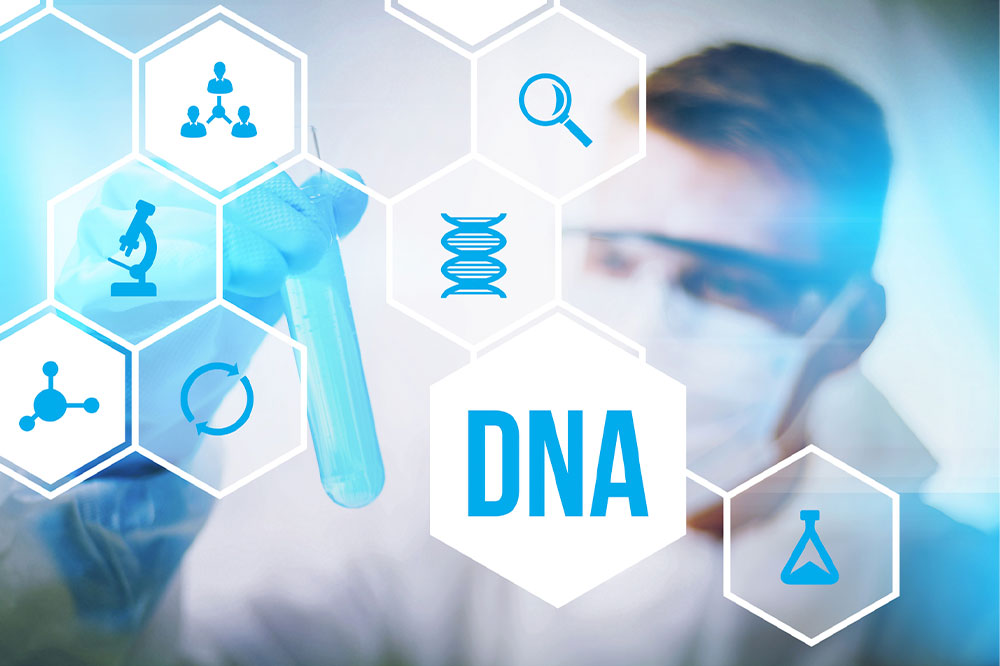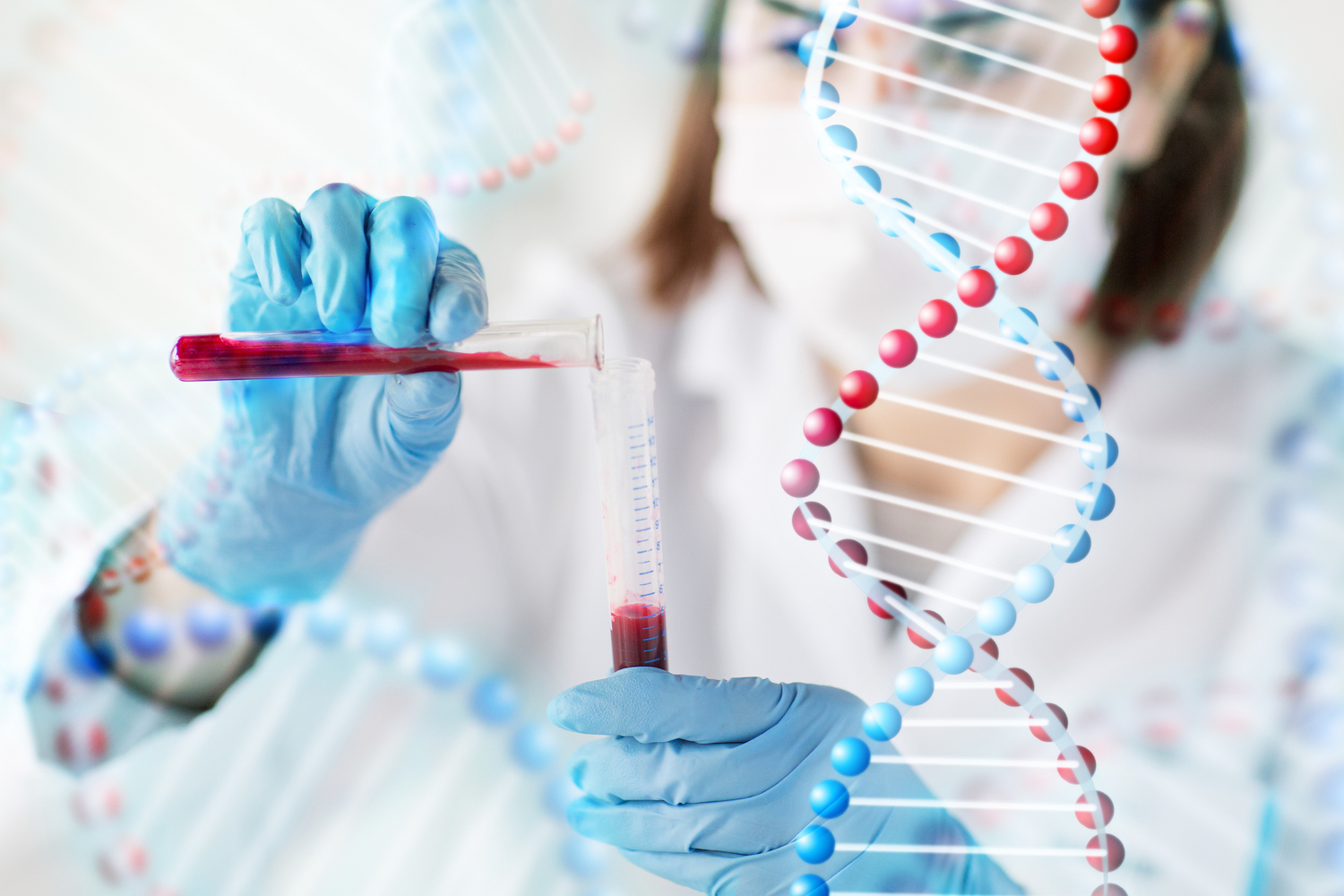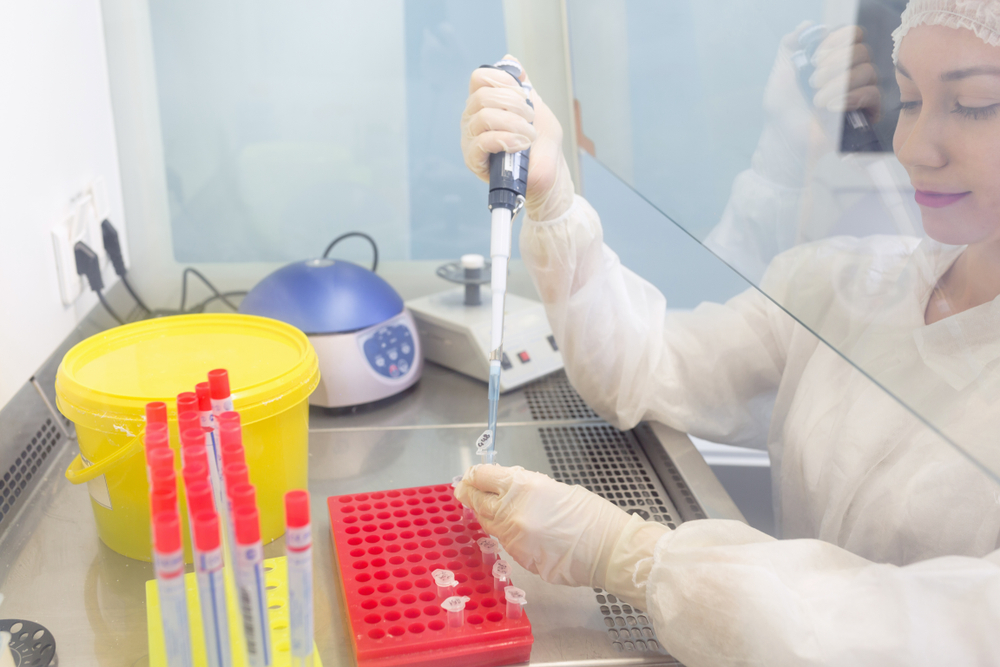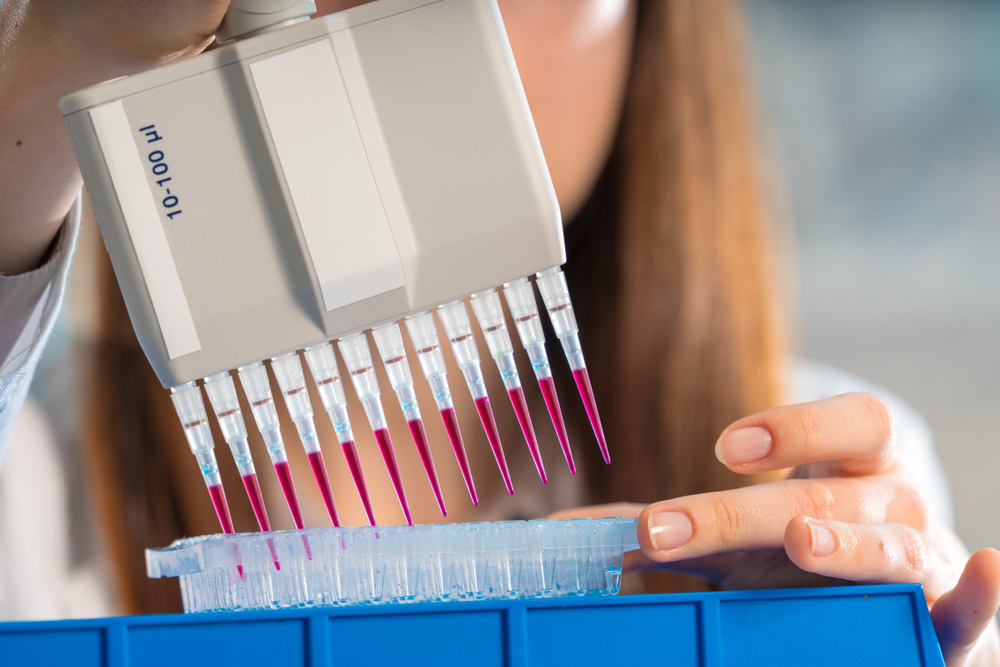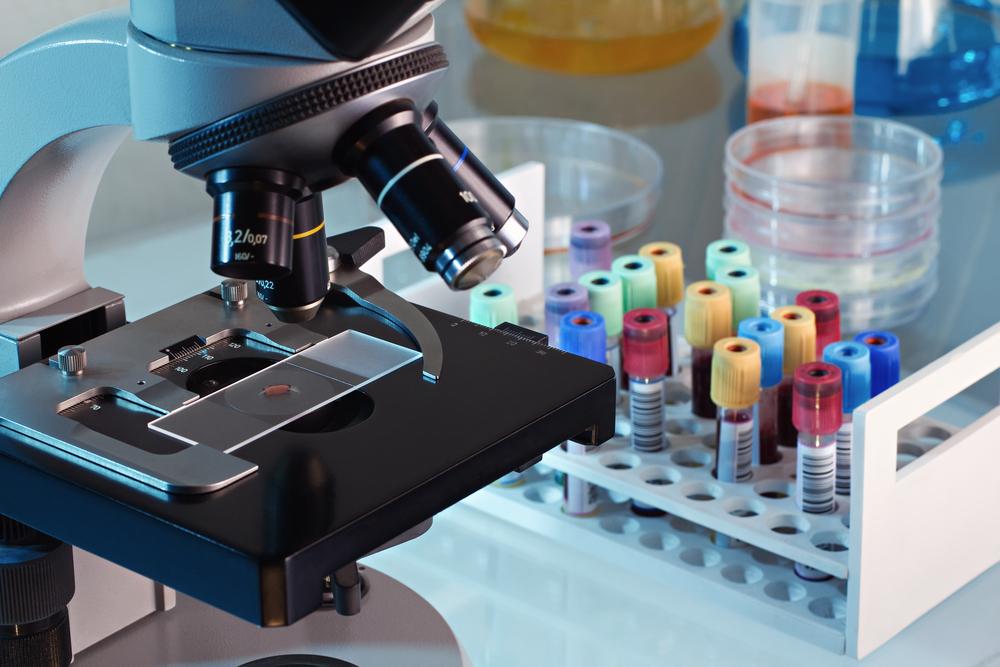Vitagene vs. AncestryDNA: An In-Depth Comparison of Key Features and Differences
Explore an in-depth comparison between Vitagene and AncestryDNA, focusing on ease of use, accuracy, privacy, health insights, and pricing. This comprehensive guide helps you determine which genetic testing service suits your needs, whether for ancestry tracking or health management. Discover the key differences and benefits of each platform, ensuring you make an informed decision about your DNA analysis journey, whether for genealogical research, health insights, or both.

Comprehensive Comparison Between Vitagene and AncestryDNA
Genetic testing has revolutionized our understanding of personal heritage and health. Increasingly, individuals turn to at-home DNA testing kits to gain insights into their genetic makeup, health risks, and ancestral origins. These testing services provide a convenient, non-invasive way to uncover vital information about ourselves, enabling proactive health management and a deeper understanding of our roots. Among the top providers, Vitagene and AncestryDNA are leading options, each offering distinct features tailored to different user needs. This extensive comparison aims to guide consumers in selecting the most suitable genetic testing service by exploring ease of use, accuracy, privacy measures, health insights, and pricing. Discover the key differences to make an informed decision that aligns with your personal health and genealogical goals.
Ease of Use and Sample Collection Processes
When evaluating how user-friendly each testing service is, both Vitagene and AncestryDNA excel in providing straightforward processes designed for ease and convenience. AncestryDNA kits are renowned for their simplicity: customers order online, receive a collection kit by mail, and provide a saliva sample using the supplied tube. The process requires spitting into the tube until the marked line and then sealing it for mailing back to the lab. Each kit comes with a prepaid envelope and a unique barcode, ensuring that your sample remains linked securely to your profile while safeguarding your privacy. The setup is intuitive, making it accessible even for first-time testers.
Vitagene’s approach is equally user-friendly but involves a slightly different method. Instead of saliva, Vitagene relies on a cheek swab, which many find less messy and easier to perform. The kit includes sterile swabs that users gently rub along the inside of their cheek to collect DNA cells. Once collected, the swab is placed into a secure collection tube and shipped back using the provided packaging. The entire process is designed to be quick and manageable for users, regardless of their familiarity with genetic testing procedures. Results are then accessible via a secure online portal, providing a seamless, hassle-free experience from sample collection to report review.
Testing Capabilities and Scope
Both Vitagene and AncestryDNA offer autosomal DNA testing, which examines a broad set of genetic markers to provide insights into ethnicity, ancestry, and familial relationships. AncestryDNA’s primary focus lies in genealogy: it analyzes over 700,000 genetic variants across the genome to create a detailed ethnicity estimate and identify potential relatives within its extensive database. The test works equally well for both men and women and is particularly strong in tracing maternal and paternal lineages, offering a comprehensive picture of your ancestral background.
Vitagene, meanwhile, combines ancestry analysis with health-focused insights. Its autosomal testing not only reveals ethnic composition and regional origins—such as Native American, European, or Asian heritage—but also provides detailed breakdowns of specific ethnic groups within your genome. Additionally, Vitagene emphasizes health-related features. It offers insights into potential genetic health risks, such as predispositions to certain conditions, vitamin deficiencies, and allergies. This holistic approach makes Vitagene appealing to users interested in understanding both their past and their health landscape. By leveraging advanced genotyping technology, both companies help users appreciate their genetic background while also offering actionable health insights.
Accuracy, Data Reliability, and Scientific Rigor
Precision and reliability are fundamental in genetic testing. Vitagene boasts a large and diverse genetic database, enabling it to provide reasonably accurate estimates of ancestry percentages through genotype analysis. Its genotyping process evaluates selected genetic markers to determine ethnic composition with moderate accuracy, making it useful for general understanding. However, it is essential to note that the precision of ethnicity estimates can vary based on the size and diversity of the company's reference database.
In comparison, AncestryDNA leverages one of the most extensive genetic databases globally, comprising data from over 100 million individuals. It employs cutting-edge scientific techniques, analyzing hundreds of thousands of genetic variants across the genome. This depth of research and the robustness of its reference populations allow AncestryDNA to deliver highly detailed and precise ethnicity estimates. The company’s rigorous scientific approach positions it as the benchmark for genealogical DNA testing, providing results that are both reliable and scientifically validated.
Privacy and Data Security Concerns
Handling sensitive genetic data responsibly is a priority for both Vitagene and AncestryDNA. Each service deploys specific security protocols to protect user information. Vitagene assigns secure, unique activation codes to users, which serve to access genetic reports and manage data privacy. It stores genetic data on secure servers with encryption and anonymization practices designed to prevent unauthorized access. Users also have control over their data, with options to delete their information at any time.
Similarly, AncestryDNA commits to strict privacy policies. It provides users with control over their data-sharing preferences, including options to restrict or revoke access to their DNA information. The company maintains state-of-the-art data encryption and security measures to guard against breaches. Notably, users can request to delete their genetic data entirely, ensuring full ownership and control over personal information. While both services contribute to scientific research through anonymized data sharing, they emphasize transparency and user autonomy to maintain trust in their privacy protocols.
Health Insights and Additional Features
One of the critical differentiators between Vitagene and AncestryDNA is the scope of health-related insights. While AncestryDNA historically concentrates on genealogy and ethnicity, it has begun to incorporate health traits in some regions through partnerships with medical research organizations. However, its primary focus remains on ancestral origins.
Vitagene, on the other hand, is designed as a comprehensive health and wellness platform. In addition to ancestry analysis, it offers detailed reports on nutritional deficiencies, genetic predispositions to certain health conditions, medication sensitivities, and allergies. Users can explore personalized supplement recommendations based on their genetic makeup or plan preventive health strategies. This broader health scope makes Vitagene particularly appealing for individuals eager to leverage their genetic data for proactive health management, wellness optimization, and lifestyle adjustments.
Pricing and Cost-Effectiveness
The pricing structures of Vitagene and AncestryDNA reflect their differing service offerings. Vitagene's basic DNA test generally costs around $99, which includes the ethnicity report and health insights. Customers seeking comprehensive health, skin analysis, or premium reports can opt for additional bundles, with prices varying based on the level of detail. If users already possess genetic data from other sources, they can upload it for a reduced fee—approximately $49—and receive full reports for $169.
In contrast, AncestryDNA's standard kit is priced at $99, with an additional shipping fee of around $9.95 for first-time orders. Further tests or updates are often available at a lower cost, such as $4.95, making ongoing exploration more affordable. Both companies frequently offer promotions or discounts, especially during holiday seasons, making their services accessible to a broad audience. Overall, the cost of basic testing is comparable, but additional features and health insights may influence the choice depending on user needs and budget.
Final Recommendations and Suitability
Choosing between Vitagene and AncestryDNA hinges on your primary objectives. If your goal is to explore your ancestry and family tree in detail, with an emphasis on ethnicity estimates and relative matching, AncestryDNA offers the most extensive database and proven genealogical tools. Its scientific rigor ensures high accuracy in ethnic breakdowns and lineage tracing.
Conversely, if you are interested in a broader health profile, including nutritional insights, health risk assessments, and lifestyle recommendations, Vitagene provides a more comprehensive platform. The ability to upload existing DNA data enhances affordability and flexibility, making it suitable for those who want both genetic and health information in one package.
Ultimately, evaluating your specific needs—be they genealogical clarity or health management—will guide your choice. Both services deliver valuable insights, so selecting the right provider depends on your personal priorities and the extent of information you seek regarding your genetic background and health potential.
